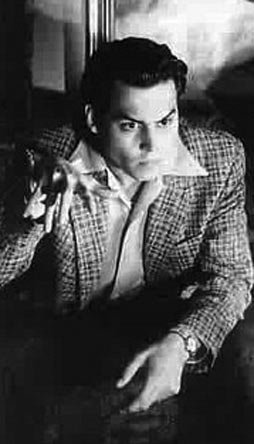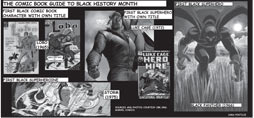By Eric Spikes/reporter
Students searching for new jobs learned the intricate details needed to piece together a competent interview last week.
A’Isha Malone, speech instructor, gave several tips in a Feb. 20 seminar on NW Campus.
“Some people say this is hard to do,” she said. “You want to show your stuff, but that’s what you’re doing— you are selling yourself and your experiences.”
Malone said people should watch speech patterns during an interview and avoid slang and fillers such as “umm” or “uh.” Nonverbal communication is even more important, she said, and begins the moment an applicant steps out of the car.
“You never know who may be watching from a window or on a smoke break,” she said.
Eye contact during the interview is essential to show one is listening and respectful to the prospective boss.
Malone also suggested sending a thank-you note to the interviewer.
“This will get you noticed and, even more importantly, remembered,” she said.
When hiring discussions are coming to a head, the thank you note will be on the desk, staring the employer in the eye.
Appearance is all-important, Malone said. People do judge books by their covers. Whatever the job description, it is important to dress the part of someone dependable and “together,” she said. While a tattooed and pierced man may be as dependable and together as it gets, Malone said some employers may not be able to see beyond the body art.
Malone said applicants should be aware of trendy hairstyles that may not be acceptable, go light on jewelry and cover body art if possible.
“Be honest above everything,” she said. “If a question is asked about your weaknesses, don’t ignore them, but respond in a positive light.”
Malone said an applicant should be aware of the atmosphere and surroundings as every company provides a different atmosphere. For instance, if the interviewer has a humorous demeanor, the applicant can be more relaxed and informal.
If the interviewer is straight-laced, the applicant should show discipline.
During an interview, it is not always the interviewer who asks the questions.
“Be brave enough to ask questions that show you care about the company’s future,” she said.
However, Malone warned not to speak about prior complications with employers or groups, unless the story includes a lesson learned from the situation.
And, Malone said, applicants should never talk about salary on the first meeting and to use common sense and be smart.
“Focus on your strengths … start building that list of your accomplishments,” she said.
Malone said applicants should make sure they have questions.
For more information on preparing for a job interview, contact Malone at aisha.malone@tccd.edu, or visit the career center on any campus.























